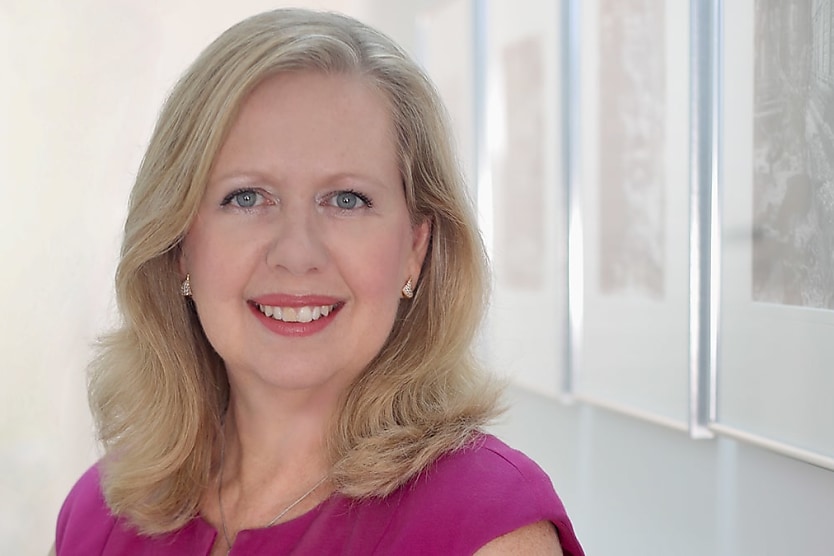Rowena Millward in conversation with The HR Leader on keeping employees happy through change
SHARE THIS ARTICLE

The HR Leader spoke with Rowena Millward. Ms Willward is the principal and co-founder at MacMORGAN Next Practise Growth, and also the author of Uncomfortable Growth and Insights to Enlighten. She gave her perspective on how to lead your employees through technological change.
Shandel McAuliffe, editor at HR Leader: “What do you think is a disconnect between future capability and the reality of what businesses can actually deliver?”
Ms Millward: “We're not sure what the future looks like. We know it's going to probably look different because of technology. There are some great resources, like from the World Economic Forum, and they do projections and predictions, so we know it’s going to look different because every projection is saying that the scale of change driven by technology and new business models is going to create accelerated change. We know it’s going to look different. But at the same time, it’s so much more about the human skills.”
“We’re going to have this tension between having to learn new functional skills, but the best way to achieve that is by having great human skills so that you can understand how to help people re-skill, how to change jobs and careers, because what they did before no longer exists, how to help them even think about their next chapter.”
“You mentioned before that there are talent shortages, so I actually think that the priority is not necessarily going to be the functional skills. They will need to be defined and learned. But I think the bigger opportunity is increasing the human skills because they're going to be so critical as we ask everyone to pivot into something that we actually don't know what it looks like.”
Editor: “Why do you think it’s so challenging to teach people new technology?”
Ms Millward: “40 per cent of people will need to be re-skilled. So, if you take it back to the individual, what does that mean for me? It means that I may need to learn a completely different career path. That comes with a whole lot of emotions, choices, challenges. I actually look at my eldest daughter at the moment who's going into year 11 next year, and she's just starting to think about university, but it reminded me so vividly of what it is I want to do. I know I'm studying these subjects, but what is it I want to do? I'm not sure. There are different courses and different universities.”
“Then there's the question of what marks you will get. That whole swirl is actually going to exist again and again in the adult population who have already possibly had one or two careers. And then suddenly, they're going to have to rethink it again. That's where the human side becomes really important, helping people to practically figure out what it is they want, but what is also an opportunity, how do they overcome some fears they may have about change and uncertainty, and how do you just help people to then lean into future careers so that they can move quicker through that feeling of uncertainty and get to a place where they can contribute and feel valued and thrive.”
Editor: “What we often see with an ageing workforce is some people feeling like they're not keeping up with technology and don't realise just how much they do have to offer in terms of the experiences they've had previously. Why is this?”
Ms Millward: “If we're going to be living the 100-year life, and chances are governments will increase the age of retirement, there's a lot of working years that these people still have. But also, they have so much experience. Experience is something that you can't fast track. You have to do your years. You can't say I'm 16 and I'm just going to fast track experience of a 30-year-old, because it just doesn't work like that.”
“I think there is so much valuable just in the experience, what they've already faced, how they've overcome it, and it can be so valuable for organisations.”
“It's not just about learning the skills that may be easier for younger generations to pick up because they're digital natives, or whatever is the next version of that technology ‘native’. It needs to be balanced by the life experience, but also insights and learnings that experience brings and brings that bigger lens to organisations so they can make better choices.”
The transcript of this podcast episode, when quoted above, was slightly edited for publishing purposes. The full conversation with Rowena Millward is below.
Jack Campbell
Jack is the editor at HR Leader.

